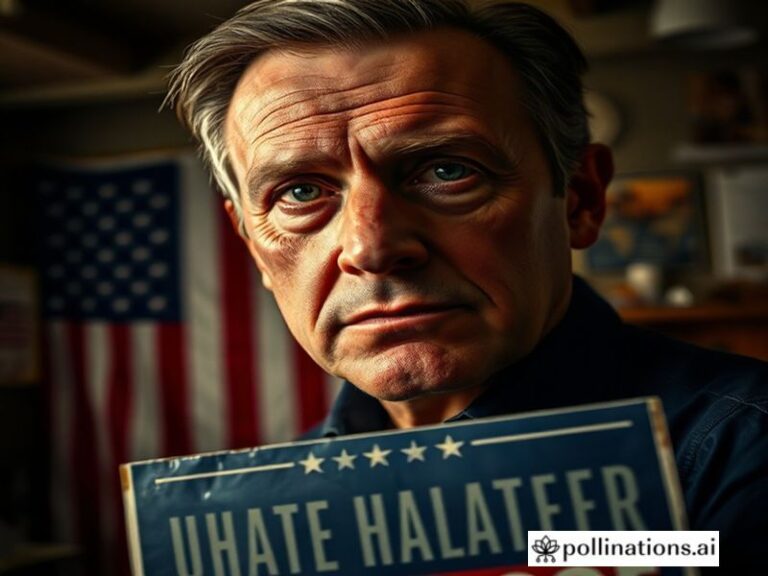Sophie Cunningham vs. the World: How One Australian Writer Became a Global Rorschach Test for Outrage Culture
Sophie Cunningham and the Art of Being Cancel-Proof: A Global Case Study in the Death of Nuance
By the time Sophie Cunningham’s latest novel dropped in Melbourne, the algorithmic tide had already rolled through Lagos, São Paulo, and a dozen other megacities where bookshops now double as co-working spaces for digital nomads who treat literature like an NFT—bought for the flex, skimmed for the quote, then shelved between succulents. Cunningham, an Australian writer-editor-provocateur, has become an unlikely international litmus test: not for literary merit, which is refreshingly beside the point, but for whether a 21st-century artist can still say complicated things about gender, power, and colonial hang-ups without being flattened into a hashtag.
In case you missed the fun, Cunningham’s non-fiction essay collection “City of Trees” suggested—brace yourself—that gentrification is more nuanced than simply evil, and that sometimes the people planting the trees are not the same people cutting them down for condos. The local commentariat reacted as if she’d proposed reinstating the British Empire with koalas as imperial mascots. Meanwhile, in Mexico City, a Spanish translation sold out in 72 hours, largely because a TikTok influencer praised Cunningham’s “anti-woke” credentials, a phrase nobody in Australia had dared utter aloud since 1998.
The global ripple was textbook post-geography: New York literary agents cold-emailed her for a U.S. edition “with sensitivity edits”; Berlin indie presses argued on Clubhouse about whether the German title should reference forests or guilt; a Seoul podcast devoted three episodes to whether Cunningham’s ironic tone could survive Korean honorifics. Each market twisted the book into its own culture-war pretzel, proving that nuance travels poorly in the cargo hold of outrage.
Cunningham herself, interviewed over WhatsApp voice notes from a hotel room in Jakarta—she was on a UNESCO junket about “literary resilience,” whatever that means—sounded amused in the way only a woman who has survived both Australian media and Twitter can be. “They keep asking if I’m ‘brave’,” she said, exhaling cigarette smoke that tasted like diplomatic immunity. “I just thought I was writing footnotes to a city I love. Turns out footnotes are now felonies.”
The wider significance? She’s a stress test for a planet drowning in moral simplicity. While COP delegates in Dubai traded carbon credits like Pokémon cards, Cunningham’s saga reminded us that the real emissions crisis is intellectual: hot takes vented into an atmosphere already choking on certainty. In Nairobi, a reading group of Kenyan writers dissected her work as proof that the Global North still exports guilt wrapped in lyrical prose; in Warsaw, the same text was hailed as a manifesto against greenwashing. Both readings were, of course, catastrophically correct.
Financially, the fracas is a marketer’s fever dream. Foreign rights sold to seventeen territories; Cunningham’s backlist is being reprinted on recycled paper whose carbon footprint is dutifully offset by planting trees somewhere cynically far from the readers who bought the book. The irony that she critiques exactly this sort of eco-performance is not lost on anyone—except, perhaps, the sustainability consultants now billing hourly to ensure her next tour is “net-positive for brand karma.”
Ultimately, Sophie Cunningham matters because she has done something almost quaint: she’s made ambiguity fashionable again. In a world where nations weaponize clarity—China’s zero-COVID, Russia’s zero-doubt, America’s zero-sum—she insists on the messy middle. Her greatest transgression isn’t ideological; it’s tonal. She writes as if adults can still hold contradictions without calling HR, a stance so retro it feels revolutionary.
The planet will keep warming, democracies will keep curdling, and someone in a WeWork in Mumbai will still tweet that Cunningham is “problematic” because a fictional character once used the wrong pronoun for a river. But for a brief, flickering moment, a mid-list Australian writer managed to remind the entire globe that literature’s job isn’t to comfort the algorithm—it’s to haunt the reader. If that’s not worth a diplomatic cocktail in Jakarta, what is?







